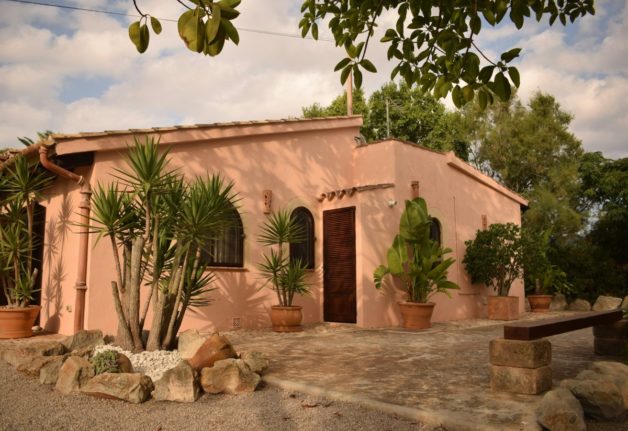Where are you from originally Mark?
I grew up in Zimbabwe with a Swiss father and a British mother. We spoke English though.
How did you end up in Spain?
I did my Masters of Business Administration (MBA) at IESE Business School in Barcelona. Actually, I looked at the US and Switzerland as well, but Barcelona ticked all the boxes. IESE is a top-ten business school and always scores well in international surveys like those run by the Financial Times.
While I was doing my MBA, I met a girl from Barcelona and stayed on. We got married in 2001.
What were you doing before you came to Spain?
I was in sales and marketing in the UK for about six years. That was after studying politics and philosophy at university.
Did you speak Spanish when you arrived here?
I had a grounding. And then I had intensive courses as part of my MBA. I've continued on from there, really.
What did you do immediately after the MBA?
I worked in an internet consultancy firm until the dotcom bubble burst and then moved over into property, because Spain's building boom was getting going.
I saw there was a lack of information about the Spanish market so I set up a property information site, Spanish Property Insight. This includes my blog which keeps readers up to date with what's going on in Spanish property.
The money I make from the site comes through advertising – mostly from Spanish real estate agents.
Are you involved in property sales too?
Indirectly, yes. The other part of my business — apart from the information site and blog — is property consulting.
In my case, I help Spanish developers and banks to find buyers. This also means helping my clients, who are 95 percent Spanish, to understand the needs of foreign buyers.
Do you find working in Spain challenging?
No. It's not challenging. Sometimes the regulations can be exasperating but that's true anywhere. Regulations are burdensome no matter what the country.
How has the crisis affected your business?
The property sector has been decimated by the crisis, in large part as a result of unwise lending by the banks.
Many of my clients have been laid low, and the housing market is down 80 percent at the moment. But I'm beginning to see light at the end of the tunnel.
What do you the next 12 months have in store for Spain?
I think Spain will bump along at the bottom for the next 12 months. But until there's an economic revival, we won't see an housing revival.
I do think we've reached the bottom though. Houses aren't like books. There is no alternative. There is a basic level at which you can't go any lower.
On top of all that, the human drama in Spain and the crisis within all the institutions make me wonder how things could get any worse.
Would you recommend working in Spain?
If you are a telecommuter, this is a great country to live in. I wouldn't live anywhere else.
The employment situation, however, is very complicated at the moment.
Would you still recommend buying property in Spain?
I think if you're sensible and do your homework, there are great opportunities here. Spain is a great lifestyle choice.
Also, in the long run, property is not a bad option. When inflation kicks off, bricks and mortar will move along too.
If you choose a nice apartment in a good location with sea views, you're always going to do well.
What are the major trends in the property market in this country?
I think sales of holiday homes are picking up. Friends of mine in the industry say Russian buyers in particular are interested in the market.
For pensioners looking at Spain though, the situation is more difficult. The formula for Spain always used to be sun, cheap housing and a low cost of living. Now though, there's only sun left. Spain isn't that cheap anymore.
Also, new asset reporting requirements imposed by the Spanish government for foreign residents (form 720) make Spain a less attractive proposition for retirees.



 Please whitelist us to continue reading.
Please whitelist us to continue reading.
Member comments